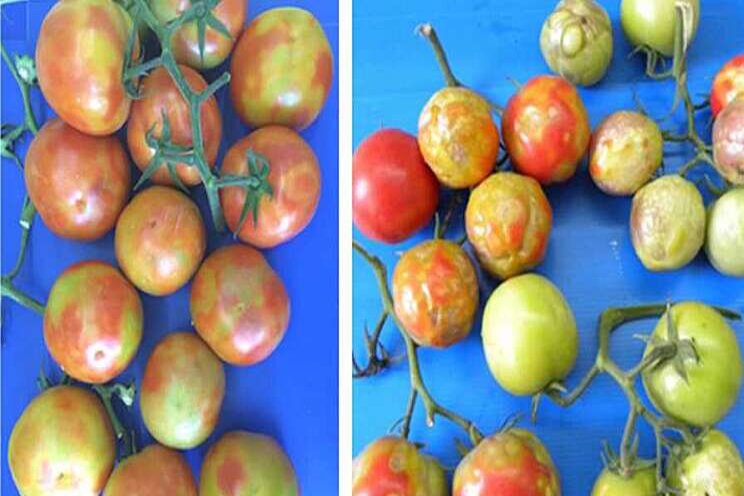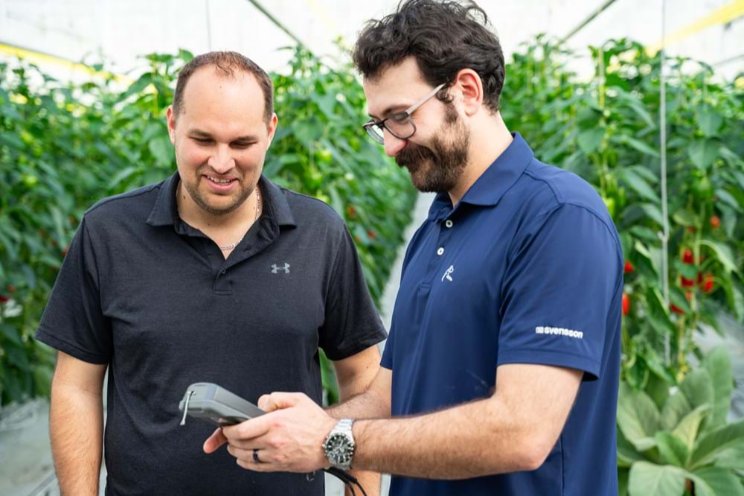Tomato virus detection test
Added on 01 November 2020

The antiserum is intended to be used in DAS-ELISA, a testing method commonly used by inspection services and the quality laboratories of seed companies. This test can help seed producers and breeders of vegetable crops worldwide obtain certainty about the health of seed lots, young plants, and starting materials. The antiserum specifically reacts with ToBRFV and shows low reactivity to other Tobamoviruses of tomato and pepper. The antiserum is now available for use in routine quality control.
Tomato brown rugose fruit virus (ToBRFV) can occur in tomatoes, bell peppers, and chili peppers. It is closely related to tobacco mosaic virus and tomato mosaic virus. All three viruses belong to the tobamovirus group; however, ToBRFV is able to break through current resistance in tomatoes. Tobamoviruses are highly contagious and are easily spread through contact (mechanically transitions routes). In addition, these viruses are transmissible to young plants via seed. ToBRFV can also infect petunia, black nightshade, and Chenopodium species.
Source: Greenhouse Grower
Photo: Luria et al., 2017
Source: Greenhouse Grower
More news















